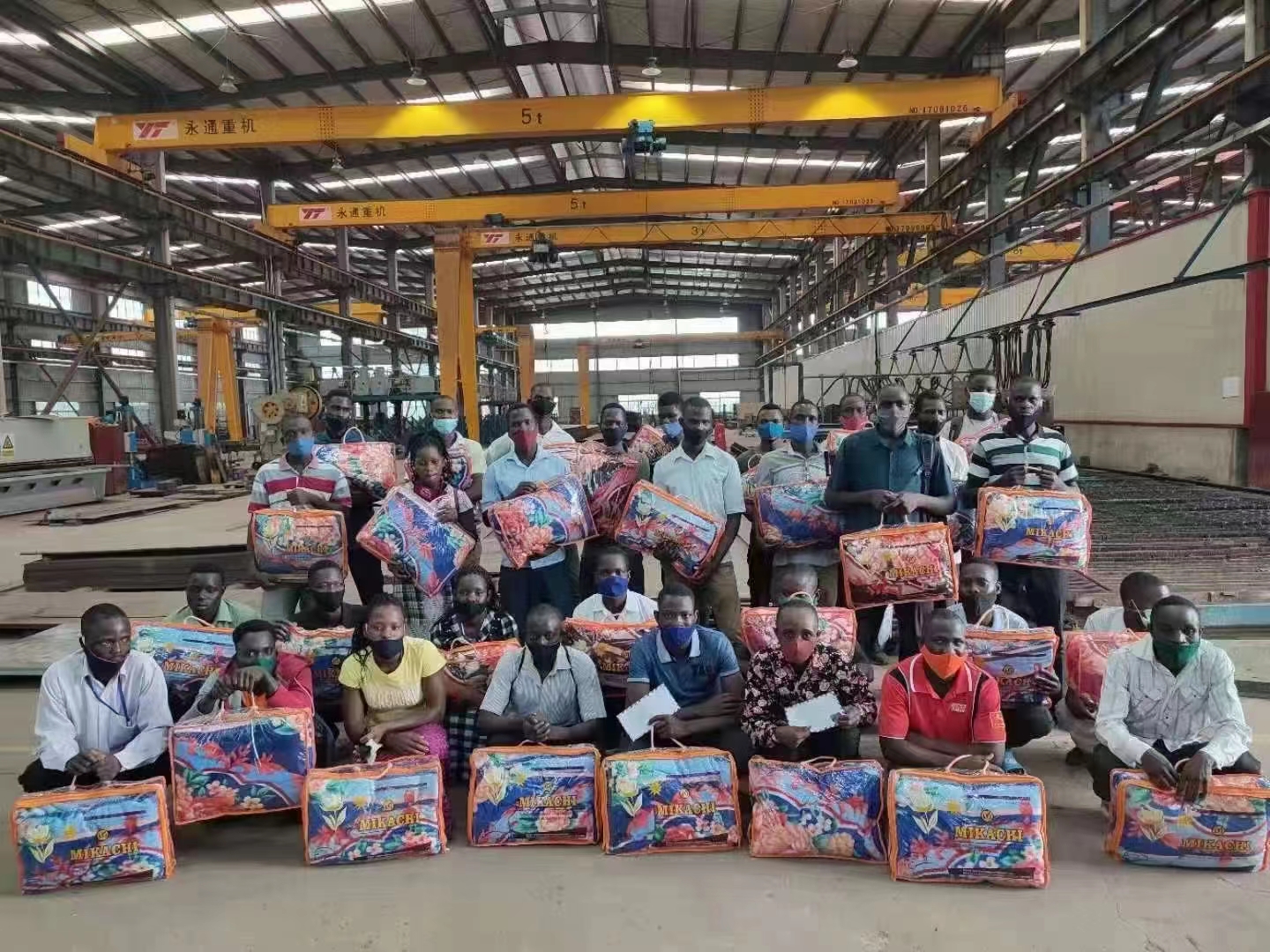
The workshop crane installation project in Ghana represents a significant step towards enhancing industrial capabilities and fostering economic growth within the region. Located in the bustling industrial area of Tema, near Accra, this project involves the installation of state-of-the-art overhead cranes in a newly constructed automotive repair and manufacturing workshop.
The primary objective of this initiative is to improve the efficiency and safety of heavy lifting operations, which are critical in automotive manufacturing and repair. The cranes, sourced from a leading European manufacturer, are designed to handle weights up to 10 tons, suitable for lifting engine blocks, vehicle chassis, and other heavy machinery components.
The project was initiated by a joint venture between local Ghanaian entrepreneurs and an international investment group focused on sustainable industrial development in Africa. Funding for the project was secured through a combination of local banking loans, foreign direct investment, and grants from international organizations keen on promoting technological advancement in developing countries.
Installation began in early 2024, with the groundwork involving precise structural assessments to ensure the workshop's framework could support the added load of the cranes. Civil engineers and crane specialists worked together to retrofit the building, installing reinforced steel beams and ensuring electrical systems were up to code.
Training sessions for local technicians and workers were a crucial part of the project, emphasizing not only the operational use of the cranes but also safety protocols. These sessions were conducted by experts from the crane manufacturer, providing certification to the workforce, thereby ensuring compliance with international safety standards.
The completion of this project is anticipated to reduce manual labor risks, increase productivity, and potentially lead to an expansion in local manufacturing capabilities. As of now, the cranes are operational, with the workshop now serving as a model for similar industrial upgrades across West Africa, promoting both skill development and economic diversification in Ghana.

